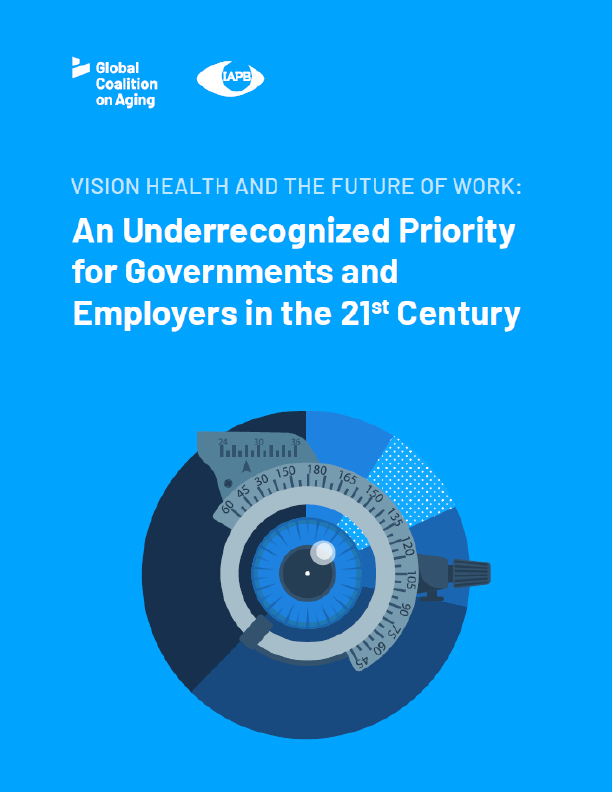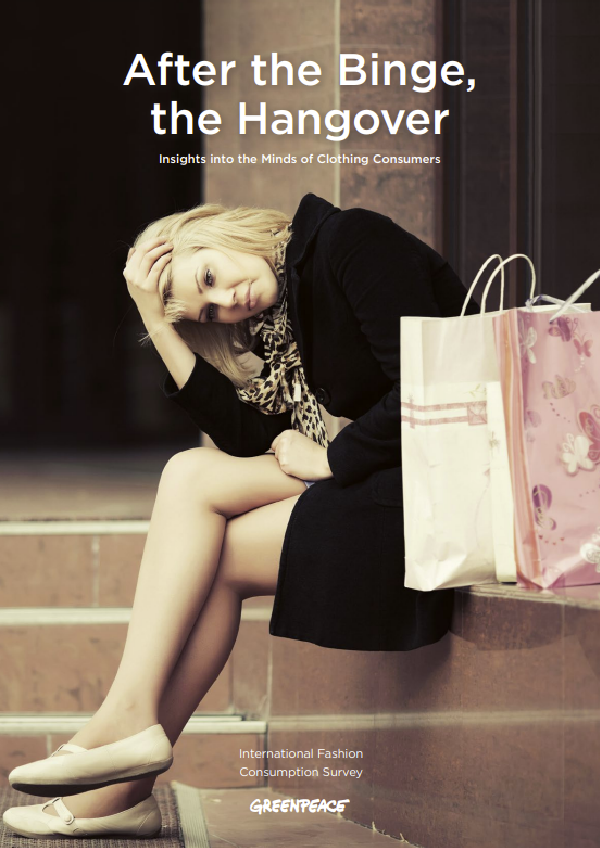There’s strong pressure on universities to do something about spiralling student mental health problems, but what is best?
Lucy* hadn’t quite realised how severe her problems were.
She’d fallen in love with the university, in the south of England, as a teenager while visiting her big sister there. When she applied to go there herself, on a geography course, she had high hopes of what she’d do with her career.
“I wanted to help people in the Global South and fight climate change,” she says.
She dreamed of joining the UN or the Intergovernmental Panel on Climate Change once she’d done her degree.
She’d had problems with her mental health before arriving at university, a range of symptoms that she thinks may have been undiagnosed bipolar disorder but generally describes as depression and anxiety.
Over the course of her first year, her mental health got much worse. But she put off going to a counsellor because she struggled to fill in the required forms. In her second year, she finally made that step.
But Lucy didn’t feel the counsellor listened to her. “She didn’t really understand work as a student at all. There was a highly toxic culture of studying so much, but she didn’t seem to understand or give me anything to counteract that. She just said what I was doing was wrong.”
So when Lucy decided she needed some time out, the counsellor refused to recommend it to the university. Her mental health wasn’t deemed bad enough. “By this point,” Lucy says, “I was suicidal.”
Without a note from her counsellor, there was no guarantee Lucy could come back if she took a break. She shared her worries with a tutor. He was an academic, but someone she trusted, who saw pastoral care as part of his role. He suggested she ease up on the effort of studying for a while and see how she felt after term ended.
That summer, he gave her a call to check up. They talked through how she was feeling. A couple of weeks before her final year started, she decided to drop out.
Reference:
- ‘Not by degrees: improving student mental health in the UK’s universities’ is a 2017 report from the Institute for Public Policy Research that looks at the increasing levels of mental illness, mental distress and low wellbeing among students in the UK.
- This 2019 article from the Conversation looks at why the UK spends comparatively little on young people’s mental health.
- A 2014 paper and a 2016 paper from Stuart Slavin and his colleagues detailing their approach to improving mental health at Saint Louis University.
- Slavin’s reflections on a decade leading a medical student well-being initiative, published in Academic Medicine.
- The University Mental Health Charter.
- The #StepChange report from Universities UK.
- The Okanagan Charter.











